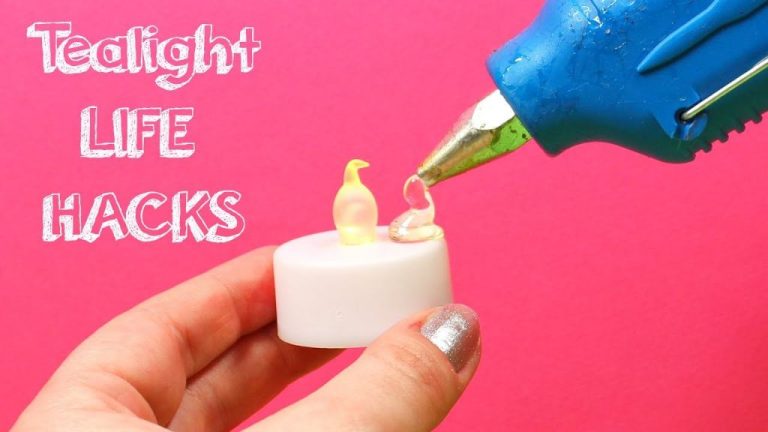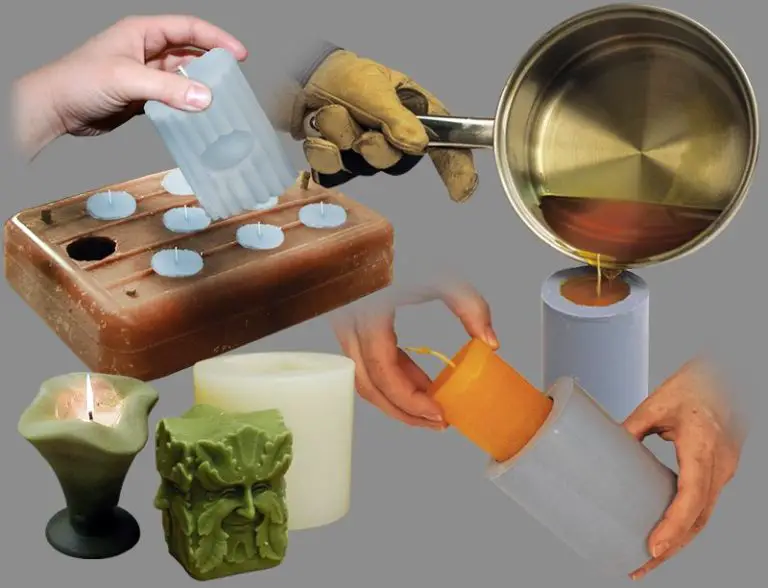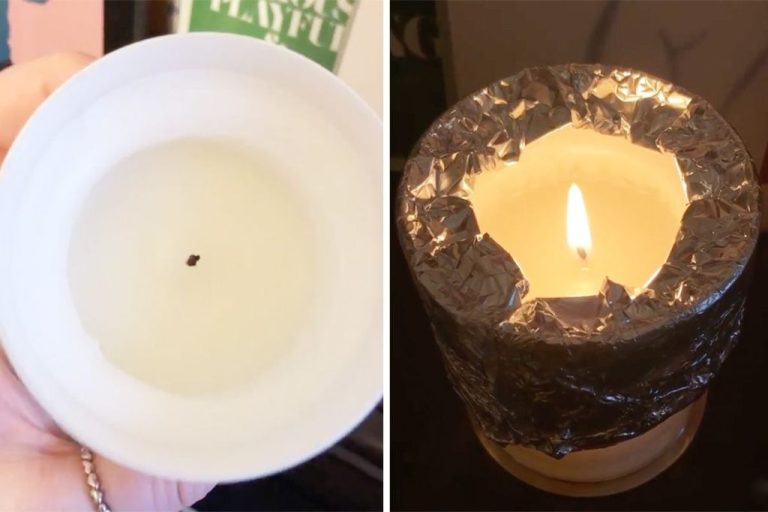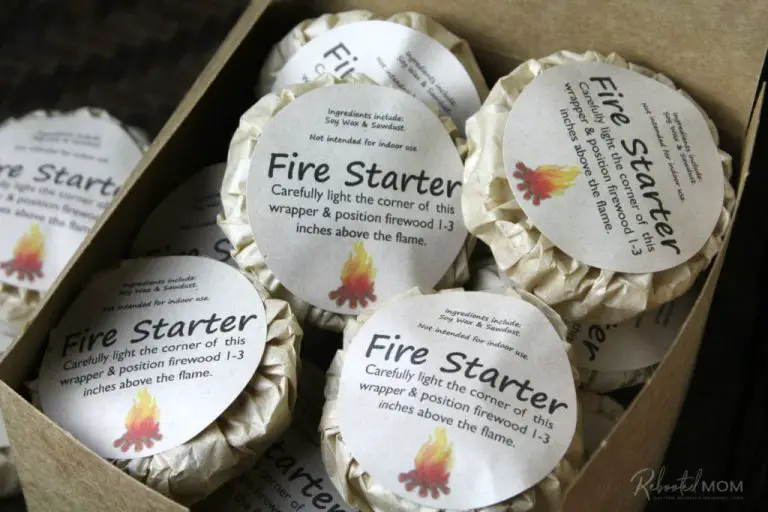Do You Need Approval To Sell Candles?
Candles are a popular product used to provide light, fragrance, and ambiance in homes and businesses. They come in a variety of shapes, sizes, colors and scents. Candles have remained a staple household good for centuries, with the global candle market size estimated at $3.14 billion annually in the U.S. alone according to the National Candle Association (https://candles.org/facts-figures-2/).
With the widespread use of candles, there are regulations around their production and sales to ensure safety and proper business practices. Federal, state and local agencies regulate issues like testing, labeling, sales tax collection, and more which those looking to sell candles need to be aware of.
Product Safety Standards
The primary safety concerns with candles pertain to flammability and potential fire hazards. There are some key standards that help regulate candle safety in the United States:
The American Society for Testing and Materials (ASTM) sets several standards for candle safety and performance. The main standard is ASTM F2058, which establishes specifications and test methods for candle fire safety. This covers criteria for flame height, resistance to ignition, burning rate, end-of-useful-life, and other metrics. ASTM F2417 sets labeling requirements to warn about burning candles unattended.

The National Fire Protection Association (NFPA) also has a standard for candle fire safety known as NFPA 25. This provides guidance on wick trimming, storage, safe usage, and recommendations for candle holders and containers.
To comply with these standards, manufacturers must test candle prototypes and finished products. Common tests include the candle flame height test, candle fire safety test, candle end-of-useful-life test, and other burn performance evaluations. Testing needs to be conducted in a certified laboratory environment.
Based on the test results, candles must be properly labeled with any required cautionary warnings. This includes warning labels about burning candles unattended and trimming wicks to 1⁄4” before every lighting.
FDA Regulations
The FDA distinguishes between cosmetic and non-cosmetic candles. Cosmetic candles are intended for aromatherapy or mood-setting purposes, while non-cosmetic candles are used primarily for illumination. The FDA regulates cosmetic candles more stringently under the Federal Food, Drug, and Cosmetic Act.
For cosmetic candles, the FDA prohibits the use of certain prohibited ingredients like lead wicks and carcinogenic colors. Fragrances and dyes must also be approved for use in cosmetics. Manufacturers are responsible for ensuring product safety and properly labeling ingredients. According to FDA guidance, cosmetic candles must comply with regulations for both candles and cosmetics.
The FDA advises testing cosmetic candles for contaminants like heavy metals and pesticides. Proper wick trimming is also recommended to minimize soot production. Labels should clearly indicate the product is intended for cosmetic use only and provide directions like “Trim wick to 1⁄4 inch before lighting” and “Keep away from drafts”. Failure to follow FDA regulations for cosmetic candles can result in legal penalties.
For more information, see the FDA guidance document [cite url=”https://www.fda.gov/cosmetics/cosmetics-guidance-documents/safety-requirements-candles-decorative-candles-candle-accessories-fda-authority-and-enforcement-policy”]Safety Requirements for Candles[/cite].
State & Local Requirements
Selling candles often requires obtaining certain state and local licenses and permits. This includes registering your business and obtaining a seller’s permit or sales tax license to collect sales tax on transactions [1]. Depending on where you live, you may need to apply for a business license from your city, county, or state. Zoning laws may also dictate whether you can operate a candle-making business from your home.
Many states have cottage food laws that allow limited food and goods like candles to be produced in home kitchens. However, some states like California prohibit the sale of all homemade candles [2]. Others like Georgia allow candle sales under cottage industry laws with proper permitting and labeling [3]. Check your specific state and local regulations to understand requirements around business licensing, permitting, and zoning for home-based candle businesses.
Sales Tax Requirements
If you plan to sell candles, you may need to collect sales tax and remit it to your state department of revenue. Sales tax requirements vary by state, but here are some key factors to consider:

In most states, you must register for a sales tax permit and collect sales tax if you are making retail sales and your annual gross sales exceed the filing threshold set by your state. For example, in California the threshold is $100,000 in annual sales.
Sales tax rates also vary by state and even by city/county. For example, the sales tax rate in Los Angeles, CA is 9.5%, while in San Francisco, CA it is 8.5%. Make sure you apply the correct sales tax rate based on where the customer receives the product.
You may qualify for sales tax exemptions in some scenarios. For example, if you are selling candles for resale to other retailers, those wholesale transactions are exempt. Some states also offer tax holidays for certain products. Check if any exemptions apply to your candle sales.
Properly collecting, reporting, and remitting sales tax is crucial for any retail business. Use tax automation software or work with an accountant to ensure you meet all requirements in the states where you sell candles. Failing to comply can lead to penalties.
Sources:
https://support.candlescience.com/hc/en-us/articles/360015694534-Sales-Tax-FAQs
https://lonestarcandlesupply.com/sales-tax-exemption/
Insurance Considerations
Product liability insurance is highly recommended for any candle business to protect against potential claims of property damage or bodily injury caused by your products. Common options include:
- General liability insurance – Covers third-party bodily injury and property damage claims
- Product liability insurance – Protects against financial loss from potential product defects
- Umbrella insurance – Provides additional liability coverage beyond general and product liability
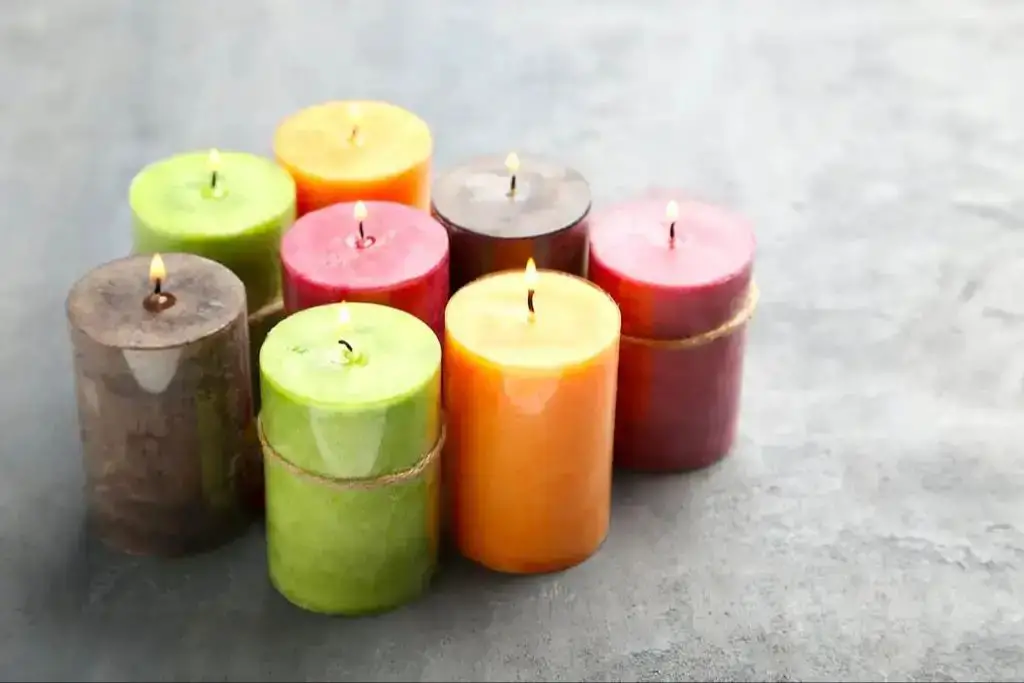
According to Progressive Commercial, these policies help cover legal fees and settlements for candle makers. Rates vary based on business size and sales volume.
Home business insurance can also cover a small candle making operation run out of a residence. It provides liability and property coverage for your home studio and inventory. Review policy details as some insurers limit coverage for certain candle products like wax melts and tealights.
Marketing & Labeling
When marketing and labeling candles, there are some key legal requirements to follow including truth in advertising laws and required labeling disclosures.
The Federal Trade Commission (FTC) oversees truth in advertising laws which prohibit false, misleading, or unsubstantiated advertising claims. Candle makers need to ensure any claims about their products – such as being handmade, natural, eco-friendly, etc. – are honest, accurate, and can be backed up with evidence if challenged. Exaggerated or misleading claims could lead to legal action from the FTC.
There are also certain disclosures required on candle labeling by the Fair Packaging and Labeling Act. The label must include:
– The identity and address of the candle maker [1]
– An accurate statement of the candle’s weight, measure, or numerical count
– The name and country of any imported materials
Candle labels also require proper warning statements about risks like burns. Specific wording may be mandated by state law. Having an experienced lawyer review labeling can help ensure legal compliance.
Environmental Impact
The environmental impact of candle production has become a growing concern. Many consumers want to know that their candles are eco-friendly and sustainably made. One of the biggest considerations is the wax used. Paraffin wax, derived from petroleum, has concerning effects like habitat destruction and climate change from the crude oil harvesting process (source). Other waxes like soy, beeswax, and coconut wax have less harmful impacts.

Candle makers should source eco-friendly waxes and other materials whenever possible. Using recycled materials for packaging and shipping can also reduce waste. During production, minimizing excess material use, energy consumption, and emissions is important. Proper waste disposal procedures reduce the environmental footprint.
With careful sourcing of sustainable ingredients and eco-conscious manufacturing, candles can be made with attention to ecological impacts.
Joining a Candle Association
One of the most well-known candle trade associations is the National Candle Association (NCA). The NCA represents U.S. candle manufacturers, suppliers, and retailers. Some key benefits of joining the NCA include:
– Access to resources and education on best practices, regulations, and standards in the candle industry. The NCA offers a Candle Industry Resource Guide, monthly e-newsletter, webinars, and an annual conference (https://candles.org/).
– Opportunities to network and connect with others in the candle business through NCA member events and programs. This allows members to share insights and build relationships.
– Input on candle safety standards and advocacy with government agencies like the Consumer Product Safety Commission. The NCA engages in regulatory issues impacting the candle industry.
– Promotional opportunities through the NCA website, social media, and PR campaigns like National Candle Day. This exposure can help drive awareness and sales.
Joining an established organization like the NCA can provide valuable support, education, and connections for those in the candle business to help them succeed.
Conclusion
Selling candles requires adhering to several key regulations and considerations. Product safety standards enforced by the CPSC ensure candles meet flammability requirements. The FDA regulates labeling, while state and local governments may require additional business permits and licenses. You must collect any required sales tax and should evaluate insurance needs. Truthful marketing and proper labeling are essential. Environmentally-friendly practices demonstrate social responsibility. Joining a candle trade association provides guidance on regulations and best practices.
Further reading on candle regulations and small business requirements is available from the SBA, IRS, CPSC, FDA, and state/local government websites. Connecting with a local Small Business Development Center can also help navigate requirements. With proper planning and preparation, selling candles can be a rewarding and compliant small business endeavor.

